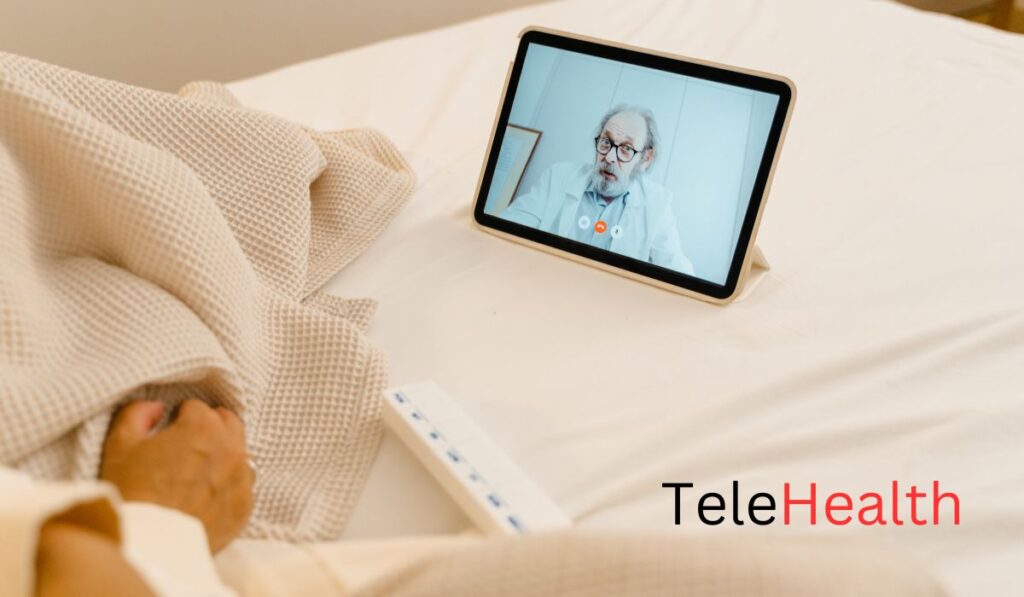Under the COVID-19 pandemic, our reduced capacity for face-to-face interaction during periods of quarantine meant that in-clinic counseling appointments were off-limits. With the resulting adoption of telehealth technology, you would be excused for thinking that society’s call for counseling services would have dropped dramatically during this time.
Far from being a deterrent, however, the demand for counseling careers during the pandemic was higher than ever. With so many of us experiencing the significant mental impacts of social isolation, the need for psychiatric care increased, and with it, the uptake of therapy.
Stay with us as we explore the reasons for this and why the telehealth switch could be here to stay.

Coping During COVID: The Mental and Emotional Implications of Isolation
As a result of the social isolation imposed upon us due to the spread of the COVID-19 virus and subsequent quarantine periods, the quality of mental health was affected in a major way. So much so that the World Health Organization declared that the occurrence of the COVID-19 pandemic was to blame for a 25% increase in anxiety and depression globally.
ALSO READ: The Rise of Telehealth in Georgia: How It’s Changing Healthcare Delivery?
As well as this, a general sense of uncertainty, loneliness, and disconnectedness was rampant. This was especially felt among young people, as well as individuals already presenting with a diagnosed mental illness. In addition to this, for many of us, the feeling of isolation was intensified by the fact that we were expected to conduct business as usual from home but were unable to socialize in person with others.
Post-COVID-19, the long-term psychological effects of pandemic quarantine have been well documented. These implications for our collective mental health are also likely to be the reason for an increased uptake of counseling services, despite these services needing to be delivered via telehealth during the pandemic.
Telehealth Technology: Why it’s Here to Stay
In COVID-19 times, the shift to telehealth did little to impact our intentions to book ourselves into virtual therapy sessions. On the contrary, instead of preventing people from seeking psychiatric care, studies have shown that the switch to telehealth appointments during the pandemic even removed significant barriers to seeking this type of treatment.
Some of the barriers to seeking therapy have historically included:
The Stigma and Shame Associated with Seeking Help
Attitudes towards mental illness have, traditionally, been overwhelmingly negative. In ancient times, for example, mental illness was commonly linked to demonic possession. While we thankfully know much more about psychiatric treatment today, the stigmatization of mental health is still a very real thing. For this reason, individuals presenting with mental illness may experience a sense of shame when seeking help.
Telehealth helps to break down this barrier by making therapy seem less confronting and appointments less scary to attend.
The Lack of Accessibility to Treatments
If you require psychiatric treatment, you may not always have access to the services you need. This may be because there is a lack of mental healthcare providers in your geographical location or because you have limited transportation to get yourself to an appointment.
By attending a telehealth session, you do not need to commute to a clinic. This minimizes the geographical, transport, or mobility constraints that can prevent some individuals from attending a counseling appointment.
The Perception of Privacy Issues
When you attend a virtual counseling appointment via telehealth, you don’t even need to leave the comfort and privacy of your home. You can even show up in your coziest loungewear or tracksuit, and you can make yourself comfortable in the space you feel most at ease in.
Perhaps, most importantly, telehealth counseling from home is significantly more private when compared to attending an in-clinic session in person. For people who are concerned with privacy, this is ideal.
For the reasons listed above, telehealth appointments have remained an increasingly popular method of attending counseling sessions, even post-COVID-19 quarantine. Due to the ease, accessibility, and convenience of telehealth technology, many people still prefer receiving therapy this way. Further to this, telehealth technology has also removed barriers to seeking psychiatric care for many people.
The best news? Far from slowing down the demand for counseling sessions, then, the switch to telehealth seems to have encouraged it.
